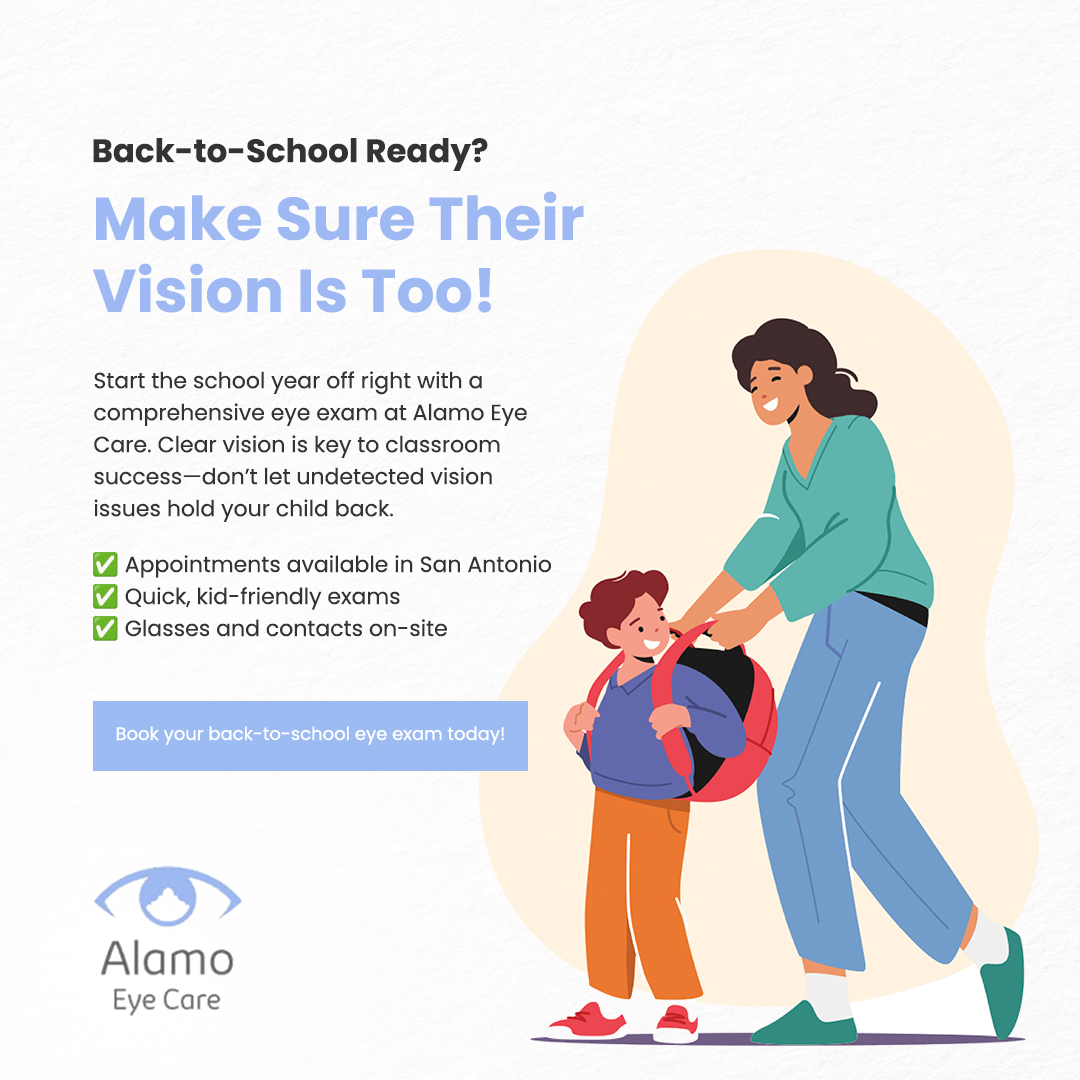
Contact lenses are an effective and convenient way to improve vision. People who do not want to wear eyeglasses choose contact lenses to correct their eyesight. They provide a wider field of vision and are ideal for active individuals. But contacts sit directly on the eye surface, making it difficult for people with certain eye conditions to wear them. Specialty contact lenses can solve this problem.
Traditional Contact Lenses
Traditional lenses sit directly over the cornea. Manufacturers design soft lenses for people with healthy eyes who need vision correction. Doctors prescribe traditional contacts for people with myopia or hyperopia.
They are available as daily, weekly, monthly, and extended-wear lenses. People with other eye conditions usually require specialty lenses. Poorly-fit lenses can increase the risk of eye complications.
Specialty Contact Lenses
Specialty lenses differ from traditional lenses in that they aim to correct eyesight and treat eye conditions or diseases at the same time. Eye specialists prescribe specialty lenses for people with irregular corneas, chronic dry eyes, and other eye issues.
People with surgical scarring or corneal scars can get specialty contact lenses. For these individuals, wearing regular lenses can be uncomfortable or impossible. Specialty lenses help accommodate corneal issues.
Hard-to-fit Eye Conditions
Several eye conditions can make it difficult to wear traditional contacts. Doctors recommend specialty contacts for people with:
Astigmatism
Dry eye syndrome
Giant papillary conjunctivitis
Keratoconus
Presbyopia
Progressive myopia
If you choose contact lenses, your eye doctor will conduct an eye exam. It will help determine whether you need traditional or specialty lenses.
Choosing Specialty Lenses
Your eye doctor will evaluate and examine your vision to determine the best specialty lenses. Various specialty lenses are available, including:
Rigid gas permeable lenses
Scleral lenses
Hybrid lenses
Ortho-k lenses
Prosthetic lenses
Cosmetic lenses
There are lens types to suit any individual. The lens design ensures they fit accurately for proper function and comfort. During contact lens fitting, doctors take eye measurements to ensure customization and proper vision correction.
Specialty vs. Traditional Contacts
Specialty lenses help patients with ocular problems benefit from contact lens wear. Traditional contacts are helpful for vision correction, but they cannot treat eye conditions. In some cases, traditional lenses can worsen eye conditions.
People with dry eyes find that contact lens wear worsens the symptoms. Specialty lenses are ideal for patients who need customized lens fit. These contacts fit snugly, improving visual function and comfort.
Specialty lenses are costlier than traditional contacts. They also require more specialized fitting. In the past, people with certain eye conditions could not wear contact lenses. Specialty lenses have allowed individuals with hard-to-fit eyes to wear contacts.
People with dry eye syndrome can wear rigid gas-permeable lenses in comfort. The lenses’ rigidity makes them ideal for people with irregular corneas. Patients who have undergone corneal transplants can benefit from specialty lenses. If you wear contact lenses, follow your doctor's instructions for proper wear and care.
For more on specialty contacts vs. traditional contacts, visit Alamo Eye Care at our San Antonio or Austin, Texas, office. Call (210) 403-9050 to schedule an appointment today.








